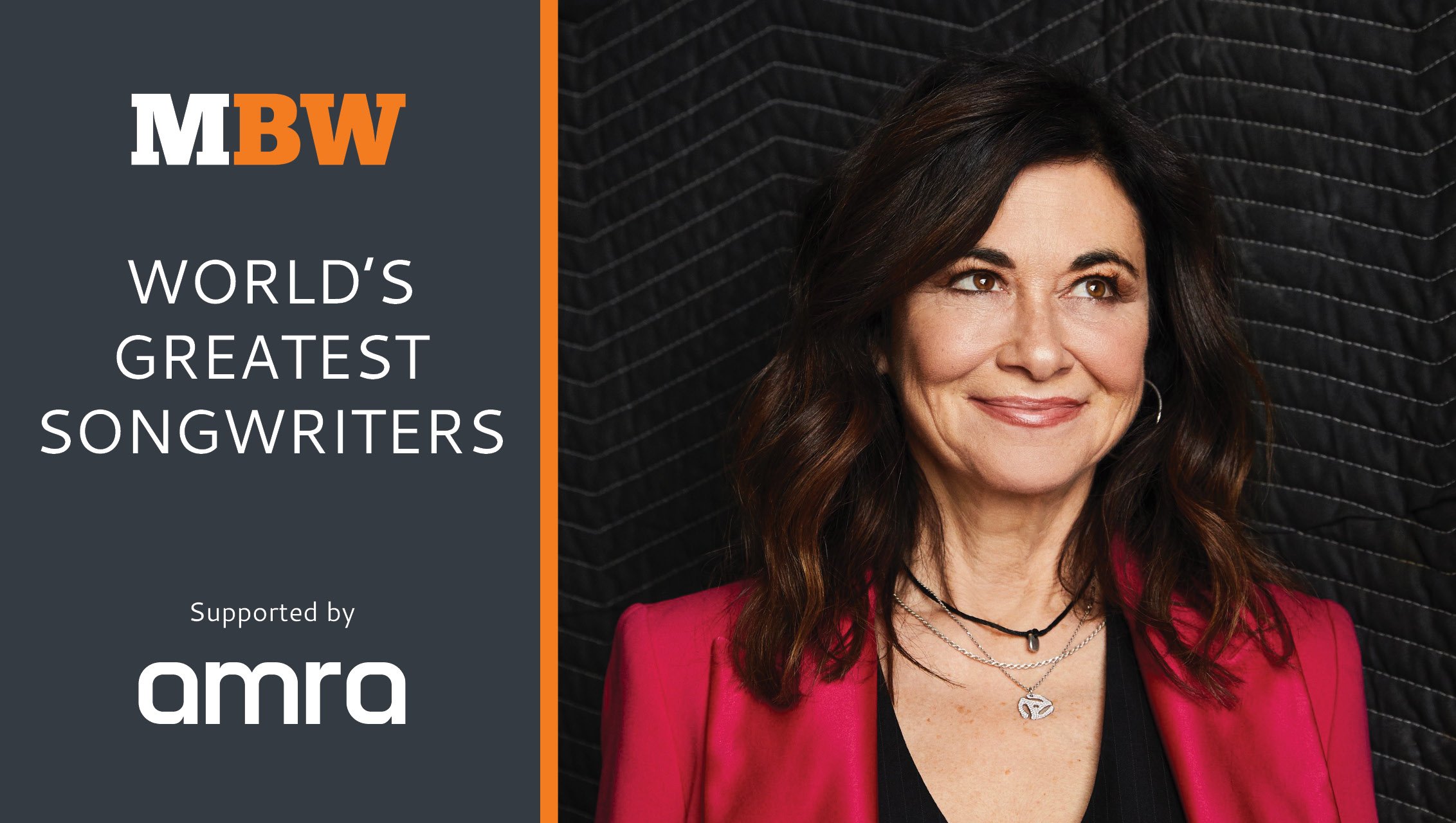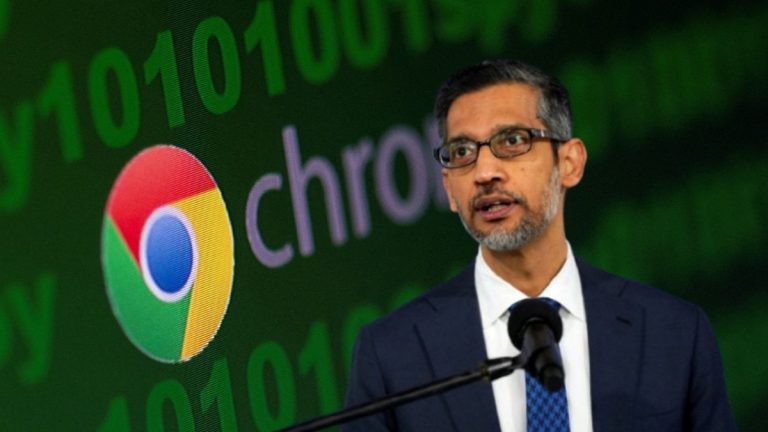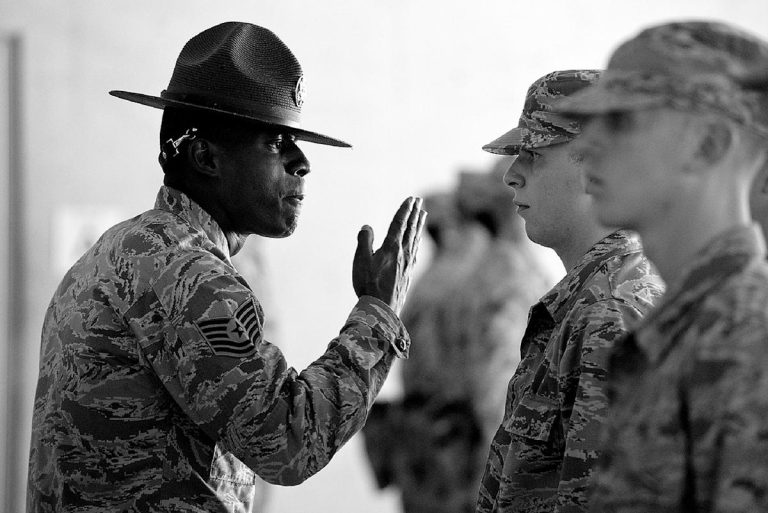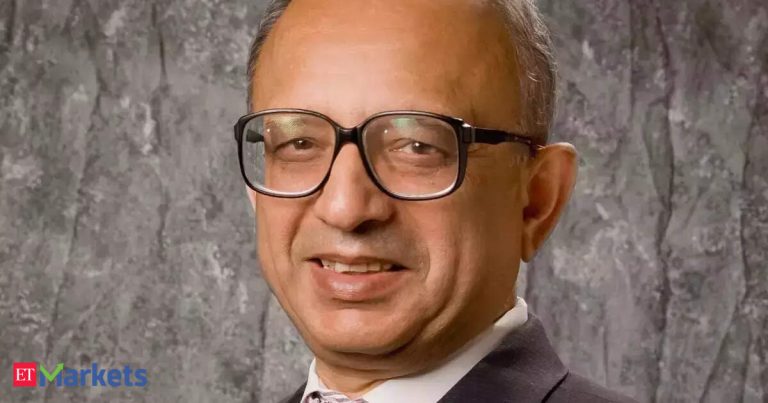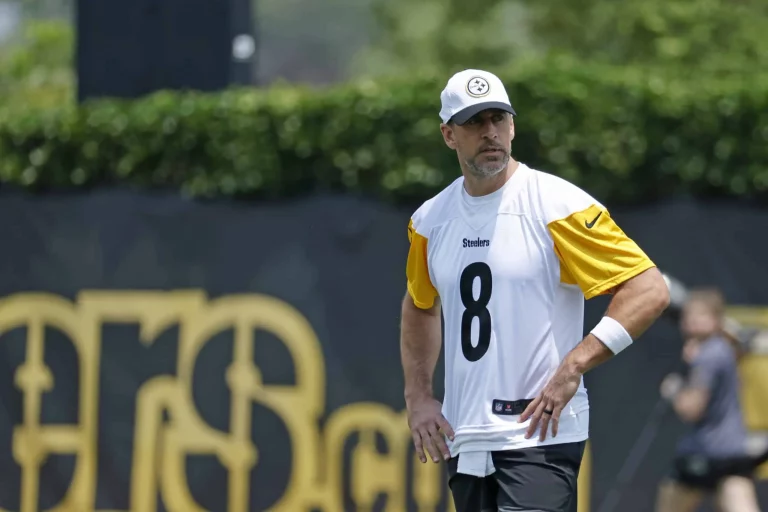MBW’s World’s Greatest Songwriters series celebrates the composers behind the globe’s biggest hits. In this edition we meet Shelly Peiken, a writer with credits on nineties mega hits such as Bitch by Meredith Brooks and Come On Over Baby and What A Girl Wants by Christina Aguilera. She is also the co-founder of campaigning group Songwriters Of North America (SONA). World’s Greatest Songwriters is supported by AMRA – the global digital music collection society which strives to maximize value for songwriters and publishers in the digital age.
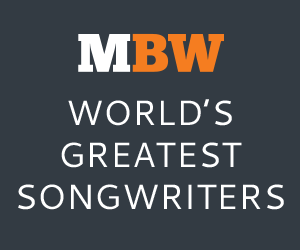
Shelly Peiken was having a bad day. She was stuck in traffic on her way home from another fruitless session, coping with PMS, smoking her last cigarette, jealous of her peers who were having hits, and contemplating giving up her pursuit of a songwriting career and going back to waitressing.
As she sat fuming at another red light, all those things crystalized into one thought: “I hate the world today”.
“I thought, ‘Wow, that would be a good first line’,” she grins. “As I went deeper into the detail, I was thinking, ‘I’m in a really foul mood and I’m going home to this guy who loves me, no matter what, even when I can be a bitch’.”
The rest, as they say, is hit-making history. When Peiken finally made it home, she called up singer-songwriter Meredith Brooks and together they turned those intrusive thoughts into the mould-breaking Bitch, one of the biggest hits of 1997. That first line, “I hate the world today”, resonated around the world.
Almost 30 years later, Peiken is self-deprecating about what that moment meant for her career, which had, until then, consisted of writing album tracks rather than hits (“Was I suddenly the hottest songwriter on the block? Well, actually Anne Preven lived there too and she co-wrote [Natalie Imbruglia’s hit] Torn, so she was pretty hot that year as well!”). Indeed, by the time Bitch actually came out, Peiken was pregnant with her daughter and found herself with other priorities.
“The universe said, ‘Shelly, you just had a hit, but I’m not going to allow you to revel in it too much,” she laughs. “Bitch went to No.2, but the universe was saying, ‘This is your No.1’. It was a year when my phone was ringing off the hook, but I had to say no to a lot of things, because I wanted to be home.”
She still said yes to the right things, however. Two more enormous co-writes soon followed: Christina Aguilera’s US No.1s What A Girl Wants (Peiken was later paid a huge fee by the film of the same name, even though the song did not actually appear on the soundtrack) and Come On Over Baby (All I Want Is You); and she went on to co-write female empowerment anthems with or for the likes of Brandy (Almost Doesn’t Count), Mandy Moore (I Wanna Be With You) and Jessie J (Who You Are), amongst countless others, powering millions of radio plays and record sales.
As the physical era turned into the digital era, however, Peiken and her peers noticed their royalty cheques for said classics were steadily diminishing in value. Rather than just moan about it, she joined the likes of Kay Hanley, Michelle Lewis and Pam Sheyne and, assisted by top music lawyer Dina LaPolt, formed Songwriters Of North America (SONA) in 2015. She’s been fighting for songwriters’ rights ever since.

Nowadays, she lives a lovely life in Laurel Canyon, Los Angeles, swimming every day and “trying to forget all the craziness in the world”. She has stepped back from frontline pop songwriting, except when young artists or writers actively seek out her skills (which they often do, such is the power of those songs, even decades after they were written), but teaches songwriting classes and is working on two musicals, one “about a Jewish mother who is being pressured to circumcise her male child against her wishes” and one “about a young female runner in the seventies who was pushed out of the running culture in Canada, but broke all kinds of records as a teenager”. Not your typical jukebox musicals, in other words.
She wrote an excellent memoir, Confessions Of A Serial Songwriter, and, when the audiobook was nominated for a Best Spoken Word Album Grammy, she was spurred on to rediscover her love of performing herself.
Indeed, she had started off in New York as an aspiring artist, but says she concentrated on songwriting when she realized, “I was an OK singer, not a great singer. I was an OK player, not a great player. I was OK on stage, not a spectacle”.
Anyone who saw her wow The Other Songs Live in London last year will know that’s a long way from the truth, while her 2020 album of originals and reinterpretations of some of her most famous songs, 2.0 Etc, showed she’s also a star front of house, not just in the writer’s room.
Today, she’s up bright and early to enjoy the hot California sunshine and to talk MBW about AI, artists’ songwriting credits and why songwriters should never be afraid to suck…
WERE YOU WORRIED THAT THE RADIO WOULDN’T PLAY BITCH WHEN IT CAME OUT?
We had that thought, but we didn’t care. Like my friend Billy Steinberg said when he wrote Like A Virgin, ‘Better go bold than beige’.
A couple of radio stations asked us to change the word and we said, ‘What are we going to do?’ The point of that song was that word; without it, you wouldn’t have a song. It wasn’t about the F-word being a modifier in some verse that we could just change to ‘fricking’, it was about the audacity of that word.
The hypocrisy was, the Stones had done it, Elton John did it, and no one pushed back. But women reclaiming the word as their own… It was such a double-standard. So we stuck with it. There was a lot of hesitation from the airwaves and then KROQ played it in LA, and everybody followed suit.
Sometimes I think we loosened the lid on that word, because no one was using it and now it’s on every song! I guess I’m flattering myself if I think I had anything to do with it, but maybe the song did. The word became normalized and that’s something to be proud of!
WHEN YOU WROTE IT, DID YOU HAVE ANY IDEA HOW MUCH THAT SONG WOULD RESONATE WITH PEOPLE?
I don’t think you ever know. A song’s success has to do with a lot of stars colliding: the right song, the right time, the right artist. There have been a number of songs I’ve written that I’ve had that feeling about, but they were never in the right place at the right time.
The world was ready for that song. Also, Alanis Morissette was the big thing [at the time] and the production was very Alanis Morissette-ish; a lot of people thought that song was Alanis. So, it had audacity and the timing was right.
If that song came out now, it wouldn’t be shocking at all. And if it had been 10 years earlier, it might have been too early. So God bless it and the day.
OF COURSE, WRITING ONE HIT IS ONE THING. HOW DID IT FEEL WHEN WHAT A GIRL WANTS WAS EVEN BIGGER?
That was like double validation! Nobody could say you’re a fluke or that was just luck.
Those were golden days. The music business was fertile for songwriters who didn’t perform, it was a great time to be pitching songs that other artists would sing and have smashes with.
“There was a lot of opportunity if you were persistent and weren’t an asshole – which I hope I wasn’t.”
There was a lot of opportunity if you were persistent and weren’t an asshole – which I hope I wasn’t, well, maybe I was to a few people and perhaps, if I was, they deserved it!
There was always competition back then, but there’s so much more now, because technology has made it so you don’t necessarily have to be a musician to be a songwriter.
It’s way more competitive now to get in the game than it was when I was coming up – and it was competitive then. When I was coming up in New York, there were 20 lyricists and I was one of the ones they called. Now in LA, there’s 500 topliners and lots of them get in the room and contribute to the building of the pie.
I know it sounds like I’m judging it, but that’s not my favorite way to write songs; it’s a different sport. I have participated and it’s fun because you put out a line, somebody builds on it and, all of a sudden, it’s a thing. But for me, songwriting is where you hunker down with one person after you’ve taken a walk for an hour, had a meal, talked about life – and this epiphany comes up.
BACK IN THE DAY, YOU WERE OFTEN WRITING FOR AN ARTIST, RATHER THAN WITH THEM…
When you write with another songwriter and pitch it, you’re not dealing with the artist’s ego.
There are some artists who are really good writers and should be in the writing room – and there are some that shouldn’t, but their managers are saying, ‘Get in the writing room, because we’ll get a piece of that copyright and it gives you more credibility as a writer’.
“if you’re in the writing room with a recording artist who doesn’t have a talent to write, there’s a lot of song dilution.”
That might be true. But if you’re in the writing room with a recording artist who doesn’t have a talent to write, there’s a lot of song dilution. Like, you give in to them for an inferior idea because you think, if they love it, it might go on the record – and the end game is to get on the record. But the song might not be as good.
I always prefer to be in the room with another songwriter, but that’s the exception now. It’s very unusual in the pop world that you’re going to get on, say, a Justin Bieber album, if his name isn’t on there as a writer.
In Nashville, it’s a different thing. Country artists still gravitate to a song, even if they didn’t participate in the writing of it. I urge any writer who wants to write that way and still wants to pitch, to get down to Nashville, because it’s still all about the song, not the vibe.
ARE THE POP STARS OF TODAY DIFFERENT TO THE ONES FROM THE NINETIES?
They follow the algorithm. Whereas the Chrissie Hynde that I worked with came from an organic, rootsy place; nobody told her what to do or what to sound like.
We’re being told what to play, what to write, but we know what the DSPs are going to play: more of the same. It’s very hard for a new artist to be pure because, if they’re too different, they’re not going to be played. That said, if they’re different and exceptional, like Billie Eilish, they’re going to stand out, go against the algorithm and thrive.
But you’ve got to have balls, authenticity, talent, audacity and all these things that it takes to be novel and break through. A lot of artists don’t have the skill and the handlers around most people are striving to sound like what’s already out there.
Even those of us who don’t realize they’re doing it, are doing it unconsciously. One has to. That’s what Spotify is telling us – give us another one that sounds enough like this hit, and we’re going to play it. You have to keep algorithms in mind.
But I also like to think you should put them on the back burner and write the song that you want to write, because otherwise you’re just a slave to the algorithm.
ARE YOU WORRIED THAT AI COULD REPLACE SONGWRITERS?
Yeah, it’s already started in TV commercials, lots of stuff for scoring and songwriting too.
AI is going to get better and better at sounding human. It’s terrifying and yet it might reinvigorate live performance, because AI can’t perform live, and it might inspire young writers. I encourage them to be as original and unique as they can, because AI is going to be taking from everything that has already been, that’s what AI does. So it’s more reason to not follow, to be unique.
Technology has always existed and it’s always freaked us out. We’re in the freaked-out stage and we have yet to see what benefits [it brings]. A lot remains to be seen, but I am grateful that I came up in an era without it. I had enough to compete with, without competing with a machine without a heart or a brain.
HOW MUCH HARDER IS IT TO MAKE A LIVING AS A SONGWRITER IN THE STREAMING AGE?
When streaming came to be, there were no laws protecting songwriters and we can’t unionize. SONA has been the best thing to fight for a songwriter without a union being present.
You cannot make a living as a songwriter, post-streaming, unless you have a megahit. You can’t just have an album cut, as if they even exist anymore.
“who has time to practise their craft if they’re driving an Uber or being a waitress?”
In order to be making a living now, one has to have a huge, huge hit that streams billions of times or, perhaps, write a song that gets synced into a TV show or an ad, because those economics are different.
Songwriters now have to write tons more songs in order for those royalties to accumulate, they really have to bat and hit for a homer to get a single that’s a hit, with an artist that has momentum. Or have a second job! And who has time to practise their craft if they’re driving an Uber or being a waitress?
IN YOUR BOOK, YOU WROTE ABOUT YOUR ‘DARE TO SUCK’ SONGWRITING PHILOSOPHY, AN IDEA ALSO RECENTLY REFERENCED BY CHARLI XCX IN HER IVORS ACCEPTANCE SPEECH. WHY IS THAT IMPORTANT?
Oh, I’ve written so many bad songs. It’s just like my photos on social media: I don’t post the bad ones!
‘Dare to suck’ originated because you have to be willing to trust who you’re in the room with and say ridiculous, outrageous thoughts, lines, rhymes and trust that, while perhaps there will be humor found in them, everything should be taken seriously, because sometimes that crazy, ridiculous idea leads to the money word or the money thought.
But every hit writer has bad songs. If they say they don’t, they’re lying.
HOW DO YOU FEEL ABOUT THE TREND FOR WRITERS TO SELL THEIR CATALOGS?
It’s personal choice. When I hear a beloved [Bob] Dylan song on a commercial, it kinda makes me go, ‘I’ll never hear it the same way again’. But then I hear Lay Lady Lay on the radio and I forget any commercial, it’s just the original essence of the song.
A writer has to ask themselves where they are in their life and career. If they pass away and haven’t sold, what are the tax implications? Do they have children that they want to leave a financial legacy to?

You can’t judge why a songwriter would make that decision. I don’t think it’s an easy decision. Songs are like your babies, your children – and to hand that over to somebody else can be heartbreaking, or it could be liberating.
I sold half. I made an agreement with Kobalt, who have administered my catalog for the last 20 or so years. I didn’t give away my writer’s share, because I still want to participate.
Would I have done that if I were 30? No. Was it worth it? Yeah. For a minute it stung, but I made the right choice for me.
IF YOU COULD CHANGE ONE THING ABOUT THE MUSIC INDUSTRY, RIGHT HERE AND NOW, WHAT WOULD IT BE?
The streaming royalties. Nobody making more than us in this business would be in the business without the song or the songwriter that’s writing them, and yet we are at the bottom of the totem pole.
We are creating the products and the art that enables everybody else to exist. And yet, we are at the bottom of that earning scale – and that is unfathomable, inexcusable and disgusting.

